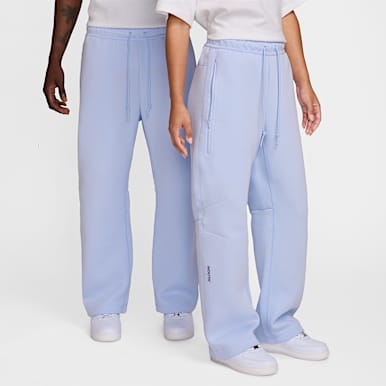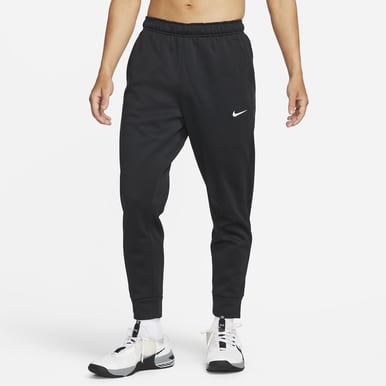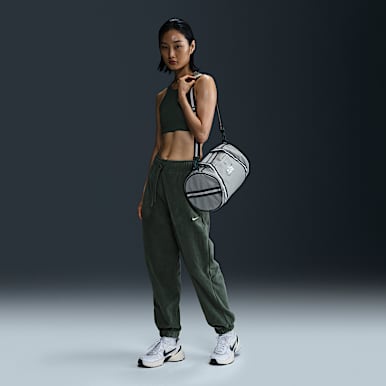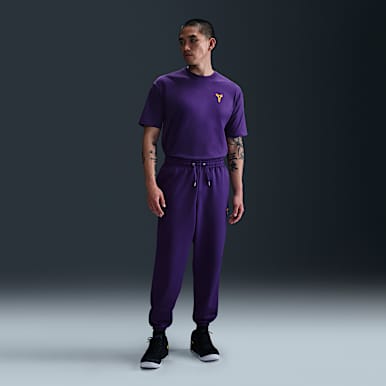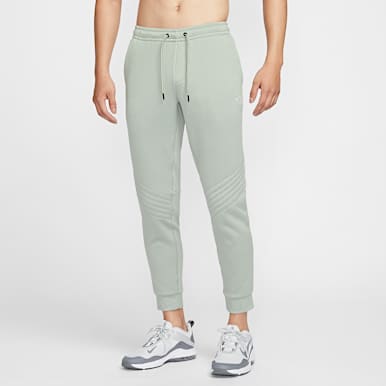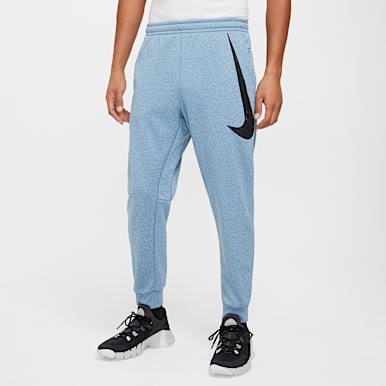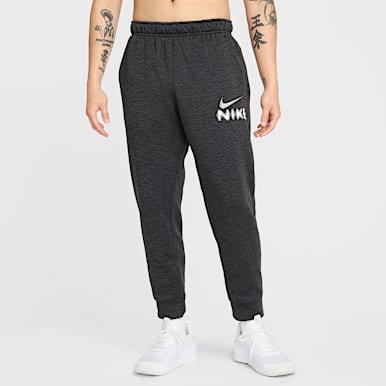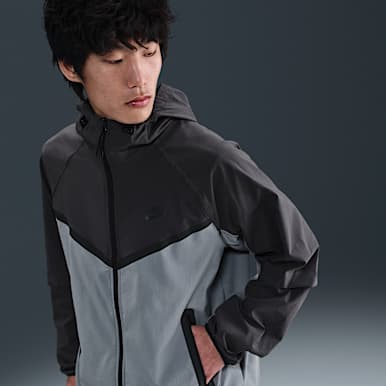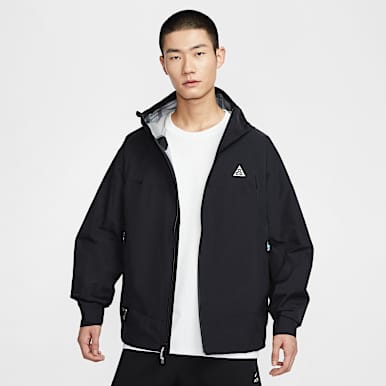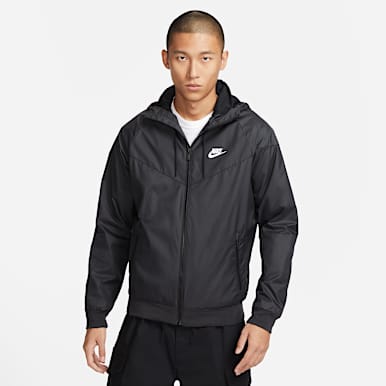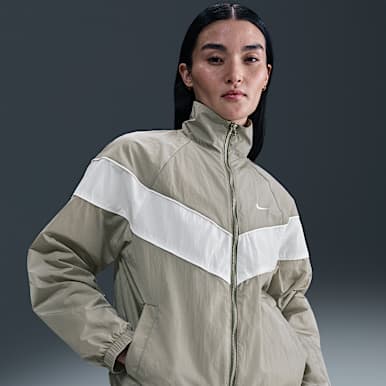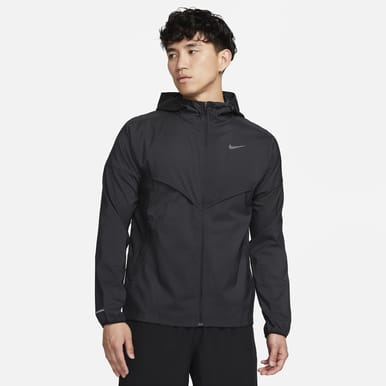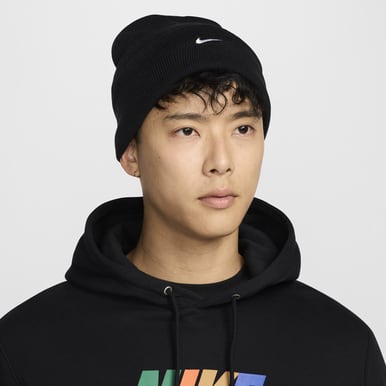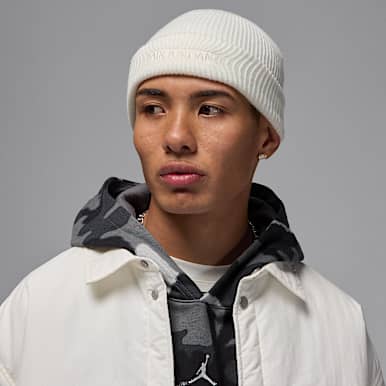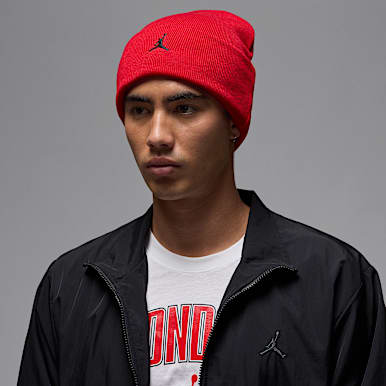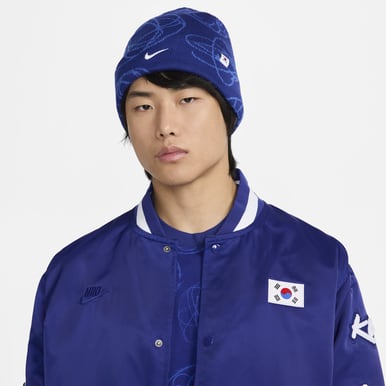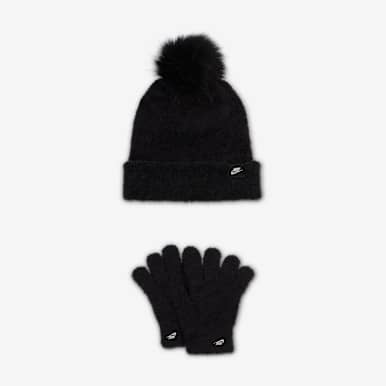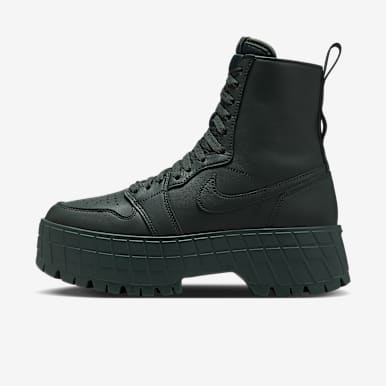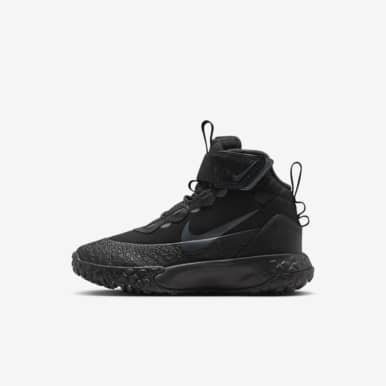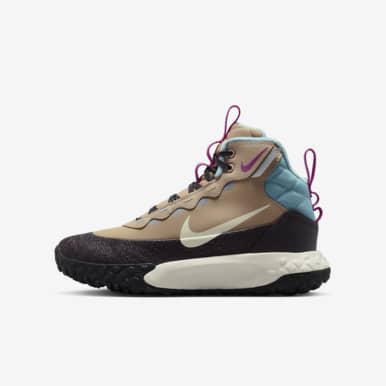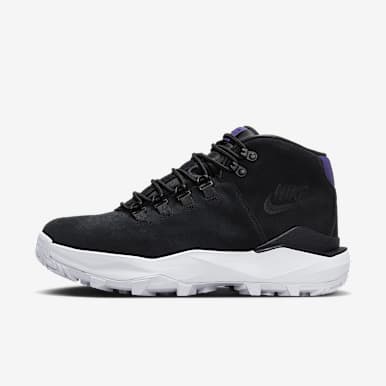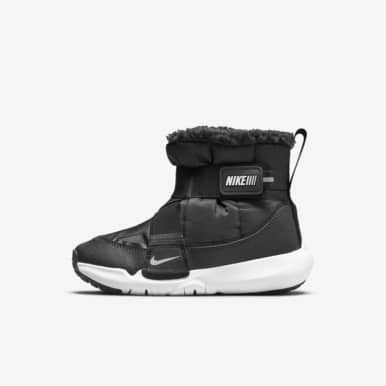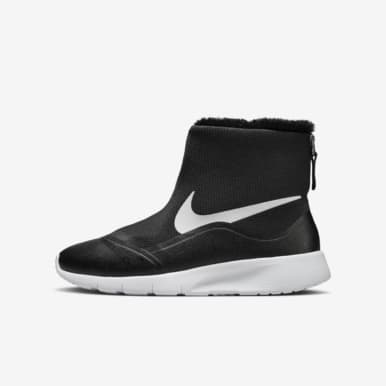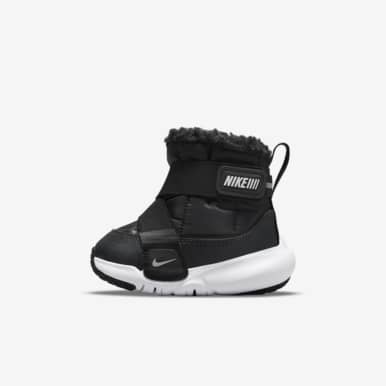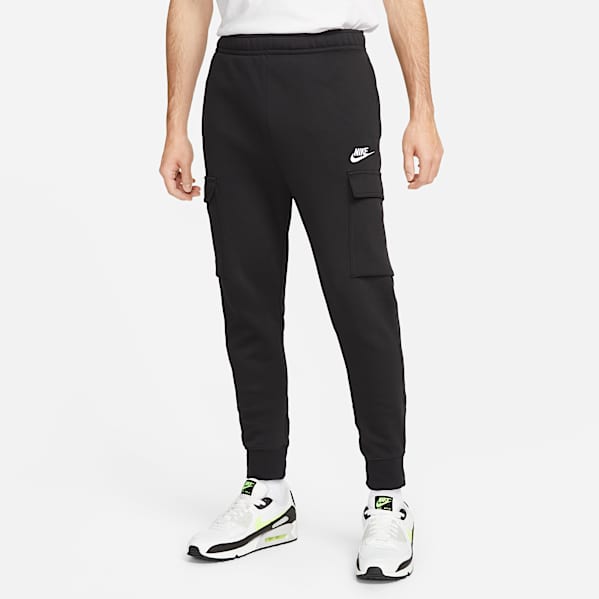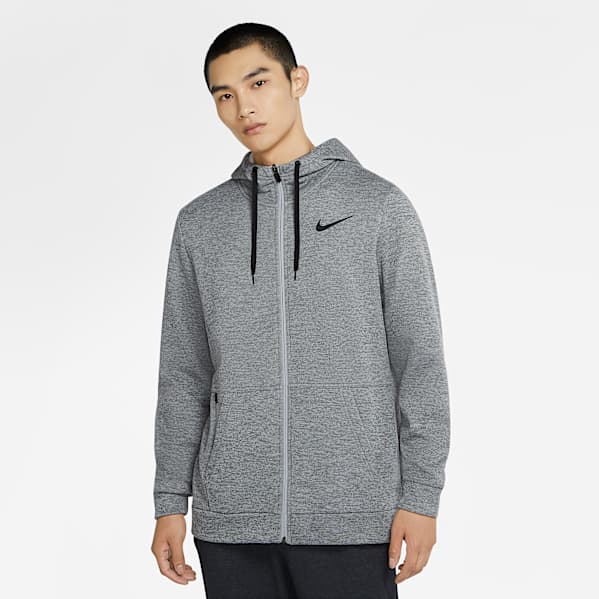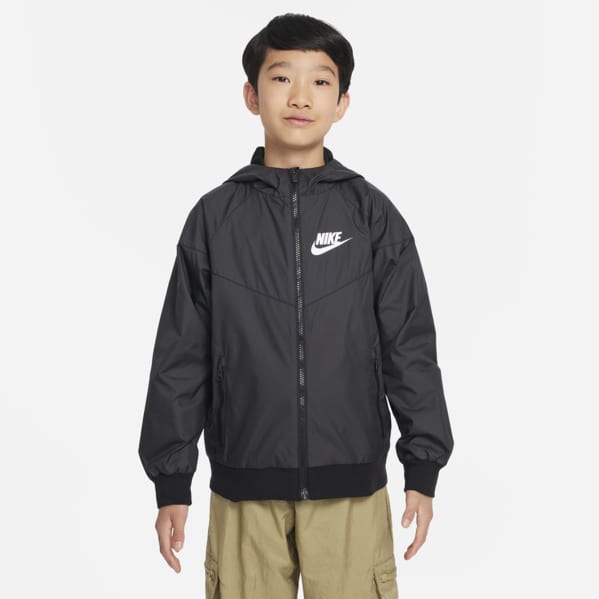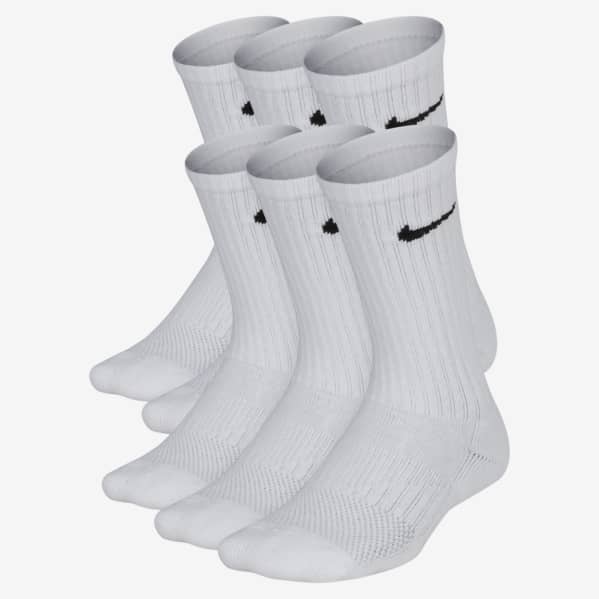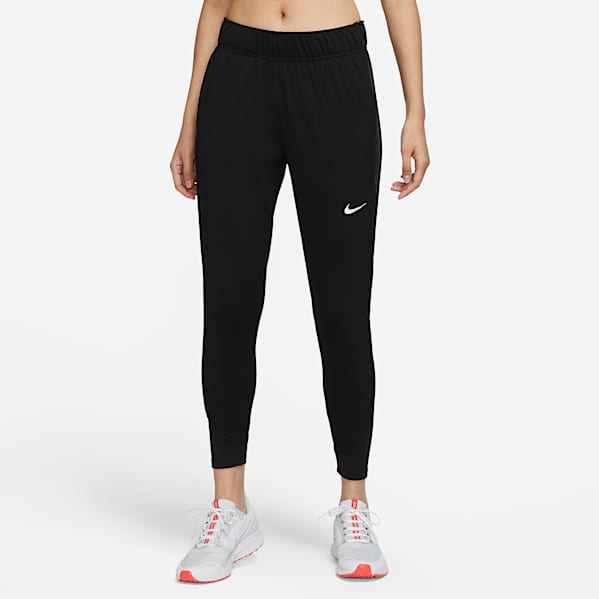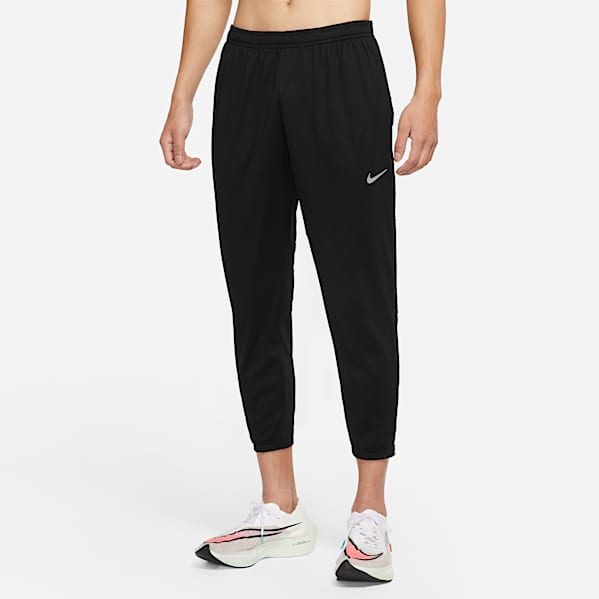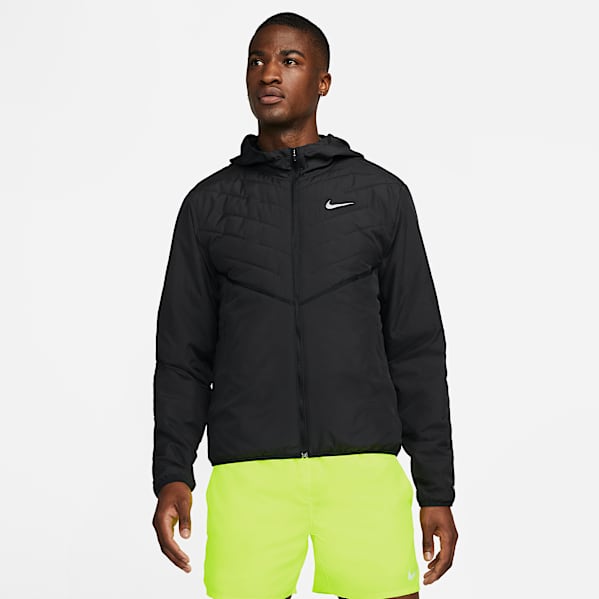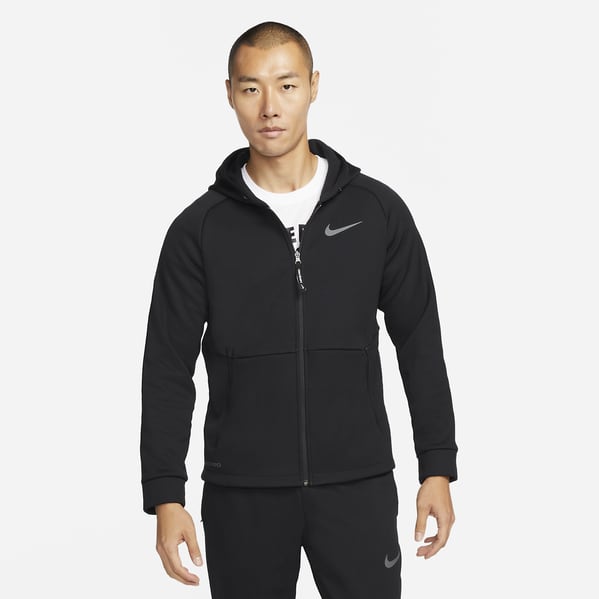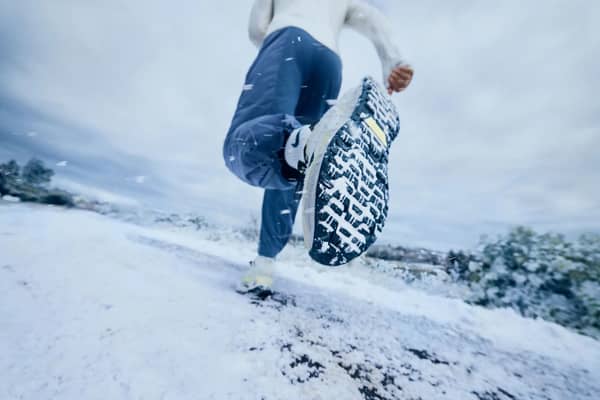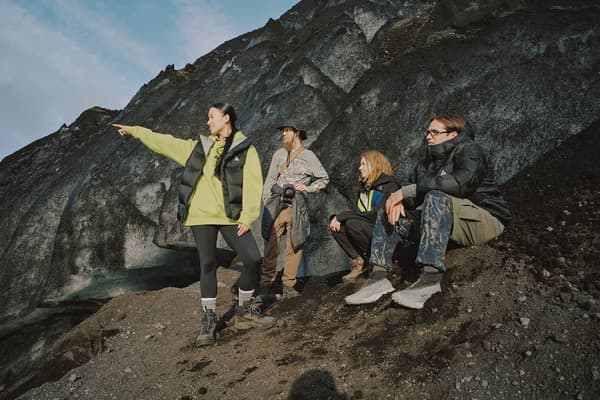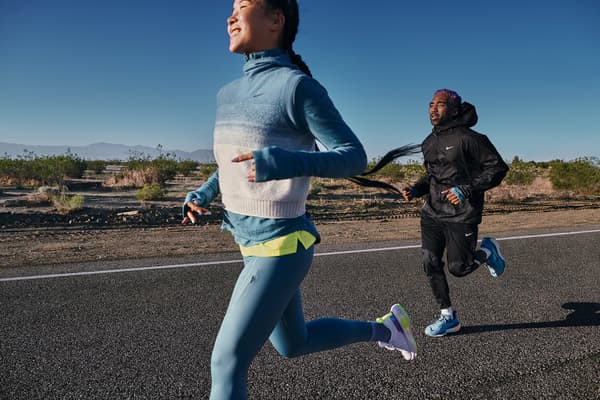What to Wear for Outdoor Winter Workouts
Buying Guide
Keep up an outdoor exercise routine in the best winter workout clothing by Nike.

When exercising outside in cold months, dressing in the right winter workout clothes will help keep you comfortable and focused on your workout, rather than the frigid temperatures.
To pick the best clothes for winter workouts, consider the outside temperature, wind chill and weather conditions, as well as your planned exertion level. Then, layer with clothing best suited for the conditions. With that, you can stay comfortable and dry during any activity from a casual hike to sprint training.
Use this guide to learn what to wear for winter workouts.
(Related: How to Layer Clothes for Every Season)
Base Layers for Winter Workouts
1. Nike Long-Sleeve Tops
Whether the workout ahead is high- or low-intensity, start with a moisture-wicking, long-sleeve top as a base layer. For cold-weather workouts, choose tops infused with Nike Therma-FIT technology, which retains body heat. Many long-sleeve tees feature thumbholes to keep hands warm and half- or quarter-zip designs to adjust airflow as a workout heats up.
(Related: Find the Best Nike Base Layers for Every Activity)
2. Nike Leggings and Tights
Snug-fitting leggings or tights work well as a base layer because snow pants, rain pants or joggers can be easily added on top, depending on the weather conditions. For high-intensity workouts, such as sprint training, you may not need an additional layer.
Find Nike Therma-FIT leggings to retain body heat (ideal for low-intensity workouts) or Nike Dri-FIT leggings to wick away moisture (ideal for high-intensity workouts).
(Related: The Best Nike Workout Leggings for Women)
Mid Layers for Winter Workouts
1. Nike Hoodies and Pullovers
Especially important for low-intensity exercise, mid layers add insulation in winter conditions. Find soft, fleece hoodies that feature Nike Therma-FIT materials to retain body heat or long-sleeve training tops with Therma-FIT ADV — engineered thermal fabrics that keep you warm without overheating.
2. Nike Joggers
Pull Nike joggers over your leggings for an extra layer of insulation in frigid conditions. Nike Tech Fleece joggers easily fit over base layers with extra room in the thighs but have a tapered ankle to trap in heat.
Find soft, fleece joggers or joggers outfitted with Nike Therma-FIT technology to retain body heat throughout a workout.
(Related: The Best Men’s and Women’s Joggers by Nike to Shop Now)
3. Nike Cold-Weather Vests
For low-intensity workouts or high-intensity exercise in frigid temperatures, add a vest as an insulating mid layer. Choose from low-profile, lightweight vests that keep out wind and water, like a Nike Storm-FIT ADV vest, or a slightly puffier, down- or synthetic-filled vest for extra warmth.
Or, keep your core warm with a Nike Therma-FIT All Conditions Gear (ACG) vest that can be easily packed into its own carrying pouch if you decide to shed the layer.
Outer Layers for Winter Workouts
1. Nike Rain Jackets
If your high-intensity winter workout is a rainy one, throw a rain jacket over your base layer to stay motivated and dry. Many Nike rain jackets feature a stretchy, roomy fit for a non-constricting feel as you jog or run. Some even include zippered vents to control airflow.
(Related: How to Pick the Best Nike Rain Jacket for Running)
2. Nike Windbreakers
Windbreakers can help protect from a chilly headwind while remaining breathable throughout intense workouts. If you’re planning a heart-pumping workout, top your base layer with a windbreaker. For a more mild workout, you can add a windbreaker over your mid layer to shield from the elements.
3. Nike Insulated Jackets
For low-intensity workouts, turn to a Nike insulated jacket to brave bitter cold conditions. Almost all of these insulated jackets feature Nike Therma-FIT materials to ensure warmth by retaining body heat generated during a walk or hike.
A water-repellent finish and hood will keep you trekking without the need for a shell jacket. However, insulated jackets are not ideal for high-intensity workouts, as you may feel too hot and be unable to easily shed this layer.
(Related: How to Wash a Down Jacket)
Accessories for Winter Workouts
1. Nike Gloves
When working out in cold weather, it’s crucial to keep extremities covered. For low-intensity workouts, a thick pair of Nike fleece mittens will keep hands cozy.
For more strenuous workouts, opt for a streamlined pair of gloves, such as the Nike Accelerate, which is lightweight and sweat-wicking, or the Nike Shield Phantom, which protects against wind and rain. Both feature touchscreen-compatible fingertips.
2. Nike Hats and Headbands
A high-intensity workout like a run might only call for a fleece-lined headband to keep your forehead and ears warm. For less cardio-intensive workouts or freezing temperatures, opt for a Nike beanie. Beanies range from skull cap to thick, knit styles you can pull down over your ears and forehead.
(Related: The Best Nike Beanies to Shop Now)
3. Nike Cold-Weather Socks
Whether you prefer knee- or ankle-length socks, a warm pair of socks is critical for staying comfortable during winter workouts. Nike socks combine warmth with underfoot cushioning in breathable, moisture-wicking materials, such as wool and cotton-polyester blends.
Shoes for Winter Workouts
1. Nike Weatherized Running Shoes
For slushy, high-intensity workouts, a pair of Nike weatherized running shoes will keep feet protected and trudging on. Each cold-weather running shoe features an aggressive tread pattern underfoot for varied terrains and conditions.
Some models, such as the Nike Pegasus Trail GORE-TEX, have an extra layer of waterproofing on the uppers, while others, such as the Nike Windflo Shield, include extra insulation for frigid jogs.
2. Nike Boots
For low-intensity workouts, especially those that involve traipsing through snow, a pair of Nike boots make for ideal footwear. Find heavy-duty boots made with GORE-TEX waterproofing materials or durable leather to keep out cold and wet conditions.
These boots feature all the benefits of top-tier running shoes, such as cushioned, foam midsoles and Nike Air Zoom technology underfoot to absorb impact on every step.
Frequently Asked Questions
What is the best way to layer clothes for winter workouts?
No matter the outside temperature, layering will help you adapt. As your heart rate increases — or if the sun comes out — you can shed a layer to keep from overheating. If the temperature drops or your workout cools down, you can add a layer back.
What materials are best for winter workout clothing?
Avoid materials like cotton that don’t quickly dry. It’s important to dress warmly during cold-weather activities, but be mindful of sweat buildup. Evaporating sweat can cool the body, which can be dangerous in winter weather. Moisture-wicking fabrics like Nike Dri-FIT keep sweat buildup to a minimum, which enables the body to more effectively regulate temperature.
What is the best way to dress for low-intensity workouts in the winter?
To protect from the cold, add an insulating mid layer, such as a fleece or down-fill jacket.
Low-intensity workouts, such as walking or hiking, will not increase your heart rate — and thus, your body temperature — as much as high-intensity exercise. Accessories like a hat, midweight gloves and a neck warmer, as well as waterproof shoes or boots, can be beneficial, depending on where your adventures take you.
What is the best way to dress for high-intensity workouts in the winter?
Dress lighter for high-intensity workouts than you would for low-intensity exercise. Since workouts like running elevate the heart rate and increase body temperature, avoid bulky clothes that could cause you to overheat. Choose moisture-wicking, long-sleeve base layers, as well as cold-weather accessories like light gloves and a headband to keep extremities warm. Add a shell jacket for windy or rainy conditions, and an insulated layer like a down-fill vest for frigid temperatures.
Words by Hannah Singleton
